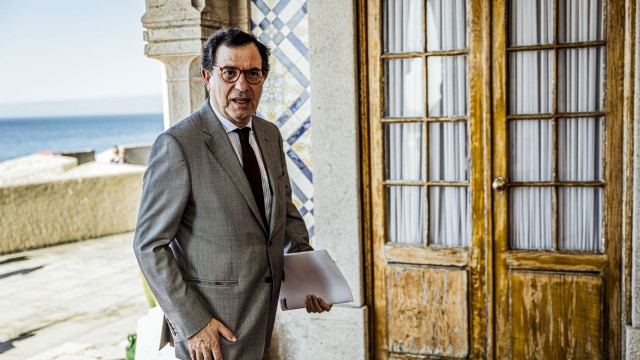
The Left Bloc (BE) supports forming alliances with other leftist forces to become a transformative entity, opposing local governments that fail to guarantee basic rights in housing, environmental defense, and mobility. This strategy should include continued engagement with the Communist Party (PCP), despite past rejections, according to a political resolution from the National Board approved on June 28.
This meeting of BE’s highest body between conventions, which was unexpectedly not pre-announced to the media, focused on the upcoming local elections now scheduled for October 12.
The approved resolution, published on BE’s website, emphasizes the necessity of creating “broad fronts to block Chega’s ascent to municipal executive leaderships and to protect constitutional principles at risk.”
The party notes that while “few municipalities currently see potential neofascist victories,” in such specific instances, it’s crucial to form necessary agreements to prevent such outcomes.
The BE also aims to create coalitions with Livre in various municipalities, sometimes including PAN as well.
The PCP previously declined to form a local-level leftist coalition, as seen in Lisbon, where the CDU has already nominated communist João Ferreira and dismissed coalition possibilities against current mayor Carlos Moedas, a Social Democrat, despite calls from BE and Livre.
In the newly released local manifesto, BE acknowledges increasingly complex local challenges, advocating for “clear left-wing responses” against a municipal map polarized between right and center and the “advancement of the far-right’s authoritarian and ultraconservative project.”
Within a 25-page document, the party outlines programmatic priorities in housing, mobility, and combating climate change.
BE warns that the decentralization process, transferring state functions like Social Action, Education, Health, and Culture to municipalities, has not improved lives.
The group intends to challenge the prevalent practice in many municipalities of prioritizing real estate development over public interest, asserting that “political decisions must be characterized by impartiality and equal treatment.”
They advocate for territorial planning to include mechanisms for public recovery of urban gains and propose an “inspection entity for local authorities to promote transparency and combat corruption.”
BE continues to push for public construction for social renting and insists a quarter of new private development be allocated for controlled-cost housing.
In mobility, they propose reducing pass costs to eventual gratuity. For the environment, they call for municipal buildings to achieve climate neutrality by 2030 and the creation of “new green areas in urban settings.”




